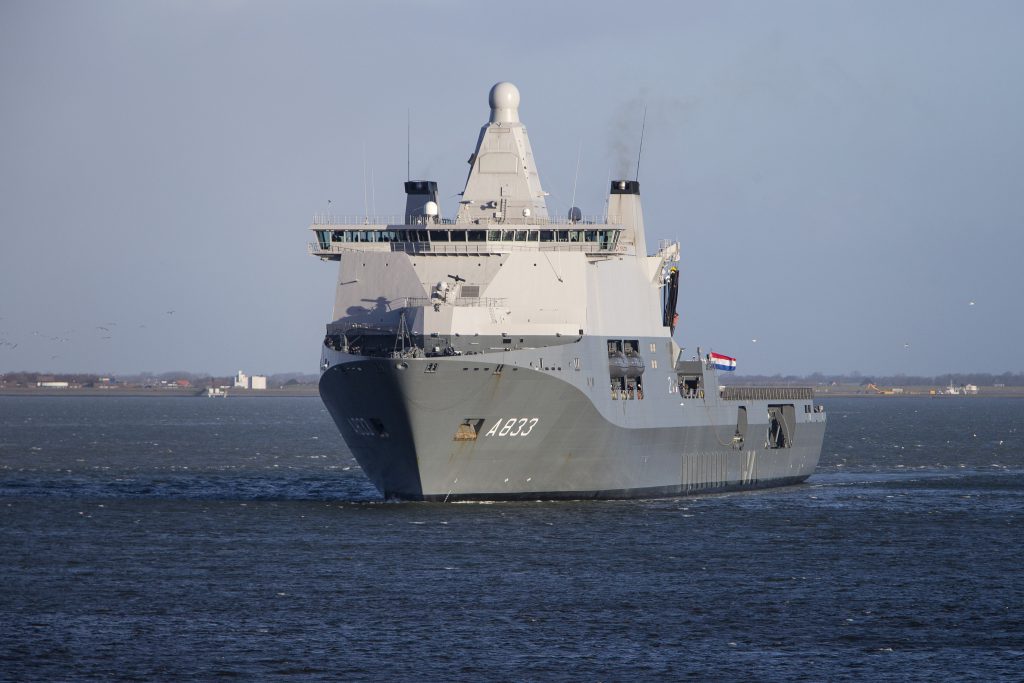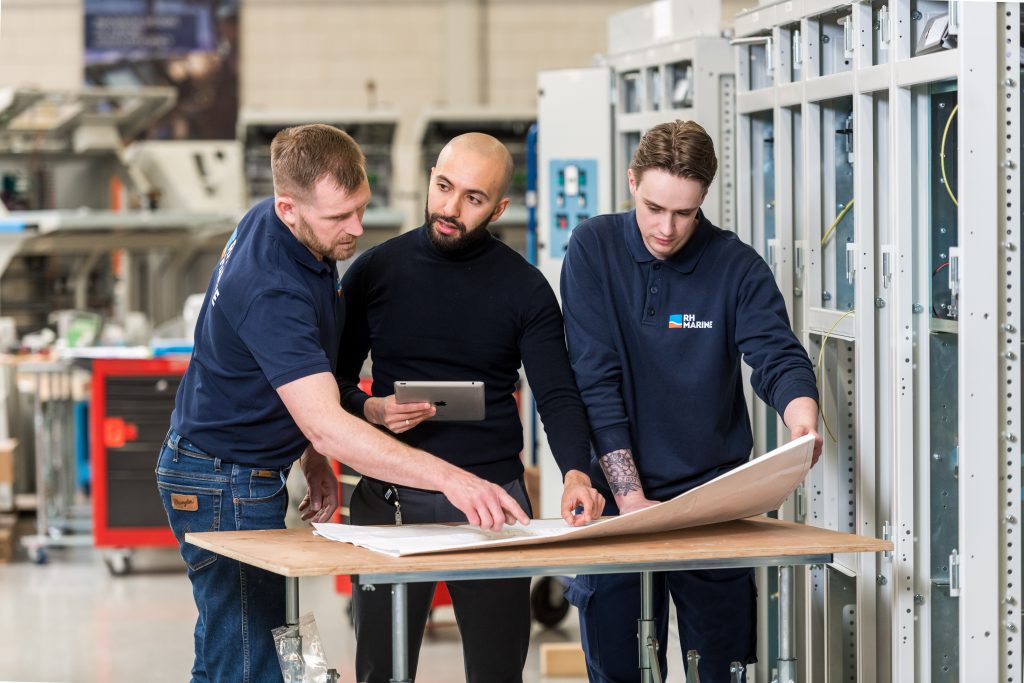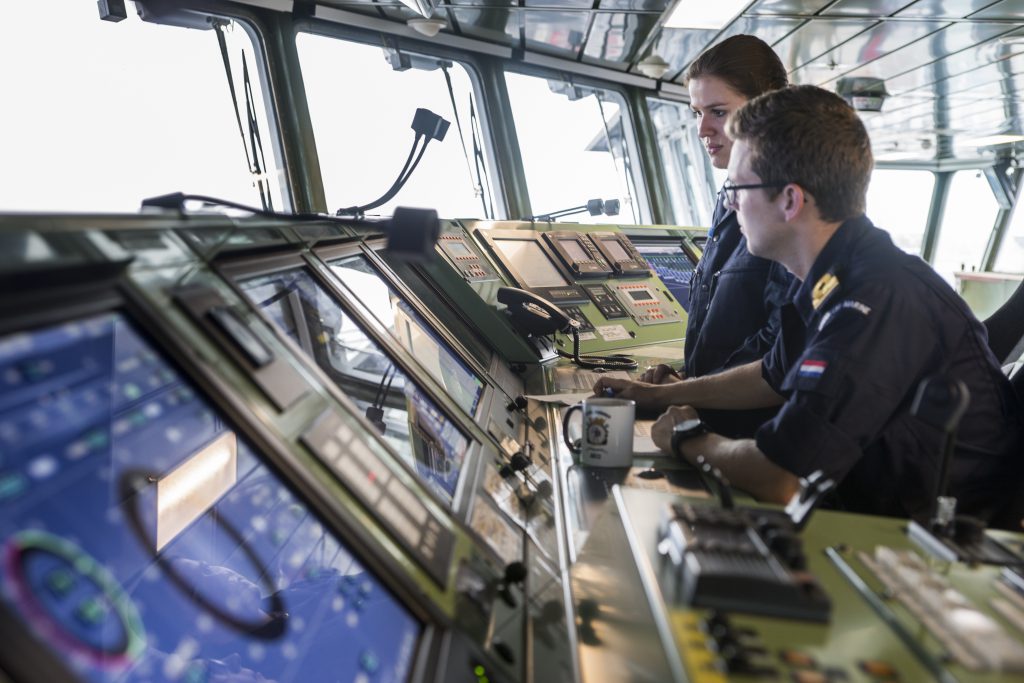
RH Marine in Schiedam is a major system integrator for super yachts and marine vessels. Procurement Manager, Marcel Lindhout, takes an active part in the Scheepsbouw 4.0 Commission that was set up early this year by sector association Netherlands Maritime Technology (NMT).
Digitalisation and standardisation play an important part in Scheepsbouw 4.0 and consequently in One Maritime Data Standard (OMDS) too. The increasing use of this standard is regarded by NMT as a sector interest, partly for improvement of the international competitiveness of the Dutch maritime manufacturing industry.
Marcel Lindhout of RH Marine talks about the advantages of working with the One Maritime Data Standard and the use of the 2BA data pool: ‘Many of my colleagues spend a lot of time finding the right article data. Say that 80% of those activities are repetitive actions that can be automated. If you do that, you save time to provide added value to the remaining 20%, where you can make a difference. Working with uniform, classified product and trade data from the central 2BA data pool is an absolute precondition in this case.'

Since it can be difficult to get all the parties involved on the same page in practice - for example, when realising relatively simple EDI links - RH Marine is taking part in the Scheepsbouw 4.0 Commission.
Having centralised product and related trade data at your disposal, according to the One Maritime Data Standard, and digitalised processes in the supply chain offer many opportunities, Lindhout continues. ‘When we purchase equipment, we look in particular for equipment with an IoT connection (Internet of Things) so that the data is available to authorised parties.

Say the manual for a piece of equipment tells you that you have to check it after 30,000 circuits. What you'd actually like is a notification through the Internet after 28,000 circuits. That way, the maintenance can be proactively scheduled for a time when it doesn't delay business operations. Subsequent steps such as having relevant equipment communicate itself about condition parameters can then be expected in the near future. The precondition for realising all of this is being able to find products with the right features fast, and OMDS and the 2BA data pool offer us this possibility. Not only that, but this will significantly reduce failure costs in our supply chain.’
Source: Interview with Marcel Lindhout, Procurement Manager at RH Marine and the article on the Scheepsbouw 4.0 Commission: Commissie Scheepsbouw 4.0 by NMT